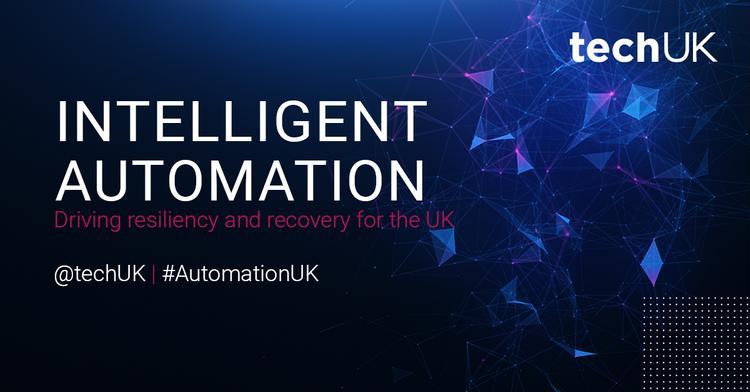Harnessing momentum and bracing for change: how automation is enabling innovations and resiliency in uncertain times

The healthcare sector often finds itself at the sharp end of economic difficulties, specifically when it comes to budget cuts and managing population health. As we head into another year of uncertainty, the NHS must double down on strategies to ensure financial sustainability if it is to continue to provide world-class patient care and meet the goals of the NHS long-term plan.
But with no silver bullet to cure all of the NHS’s challenges, this is much easier said than done. What it does have on its side, however, is momentum. As Satya Nadella (CEO of Microsoft) recently put it: the world has seen “two years of digital transformation [take place] in two months”.
So how can the NHS make the most of its recent bounds in innovation, and keep the wheels of transformation moving forward?
Intelligent automation is helping healthcare organisations across the world to do just this. With a team of cloud-based digital workers, Blue Prism clients have the power to exponentially increase the capacity of their systems and human teams, without overhauling existing infrastructure or burning out their employees.
Here’s how they’re doing it.
Back-office transformation
Whatever your back office eco-system looks like, there’s a good chance you have a few legacy systems and applications kicking around. There’s also a very good chance that these are integral to your day-to-day operations but require lots of staff management thanks to a lack of native integration capabilities.
Experience shows that this kind of operational complexity keeps operating costs high for healthcare organisations, wait times long for patients, and frustrations high for staff. It doesn’t have to be that way. With a digital workforce, you can streamline your back-office functions without needing to rope in your valuable staff, ensuring that processing is as efficient as possible, and your teams have more time to spend with patients.
Check out how University Hospitals Birmingham have transformed their patient records process here
Improve patient engagement models
As the world becomes more consumer orientated, patients expect more from their healthcare providers. Whether this means enabling a digital front door to services, offering more tailored correspondents, or just getting more out of their interactions with clinicians, patients want information at their fingertips, and services on demand. AI-enabled digital workers are helping the NHS to deliver all of these outcomes and more by facilitating new ways of interacting with patients and supporting back-end processes so that clinicians and staff can focus on outcomes.
Population healthcare management
Population health management and integrated care are increasing in international significance, and for good reason. The pandemic has demonstrated the importance of working together with other public services and sharing responsibility for people’s welfare and health outcomes.
However, putting this into practice can be easier said than done. Automation has helped Trusts all over the country manage Covid-19 testing and roll out vaccines and NIVS reporting, whilst they forge closer relationships with adjacent services such as local governments, by democratizing data and enabling cross-team processes to take place.
Learn more in our latest Infographic here
If you’d like to learn more about how Blue Prism is helping the NHS to improve financial sustainability and meet the goals of the NHS long-term plan, visit our website or download our full HFMA report here.
You can read all insights from techUK's Intelligent Automation Week here

Rory Daniels
Rory joined techUK in June 2023 after three years in the Civil Service on its Fast Stream leadership development programme.

Ella Shuter
Ella joined techUK in July 2025 as Junior Programme Manager for Emerging Technologies.

Laura Foster
Laura is techUK’s Associate Director for Technology and Innovation.

Elis Thomas
Elis joined techUK in December 2023 as a Programme Manager for Tech and Innovation, focusing on Semiconductors and Digital ID.








